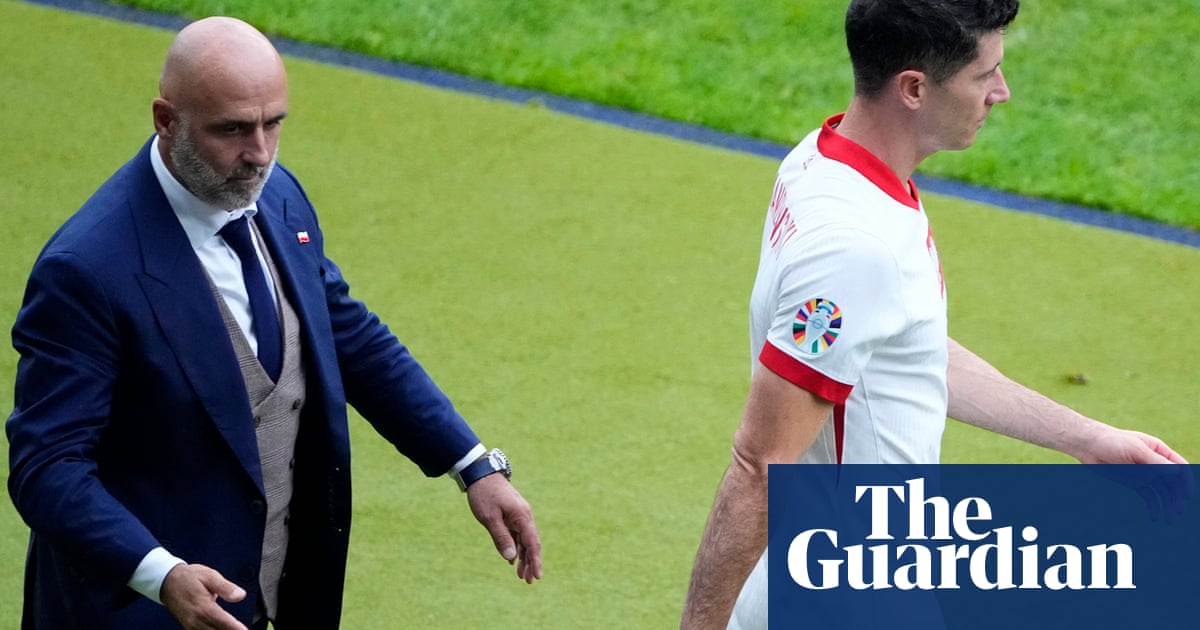The resignation of Michal Probierz as Poland's national football manager following Robert Lewandowski's refusal to play under him highlights significant tensions within the team. This situation, ignited by the manner in which Lewandowski was informed about his removal as captain, emphasizes the critical relationship dynamics between players and coaching staff in professional sports.
Impact on Team Dynamics
Probierz's resignation reflects the fragile nature of team morale, particularly when a player of Lewandowski's stature is involved. His comments regarding betrayal and hurt showcase the emotional investment players have in their roles and leadership positions. This incident could lead to a ripple effect, impacting the team's performance and cohesion, especially as they face challenges in World Cup qualification.
Public Perception and Reactions
The article may aim to evoke sympathy for Lewandowski, positioning him as a victim of poor communication and management. The narrative emphasizes the importance of how decisions are relayed to key players, potentially influencing public opinion to favor Lewandowski and criticize the Polish Football Association (PFA) for their handling of the situation.
Underlying Issues
The news may obscure broader issues within the Polish football system, such as the efficacy of managerial appointments and the PFA's decision-making process. By focusing on a single event, the article could divert attention from other systemic problems that need addressing, like team performance and strategic planning.
Manipulative Elements
While the facts presented are accurate, the framing of the story leans towards emotional manipulation, particularly in portraying Lewandowski's grievances. The language used might evoke a sense of injustice, which could sway public opinion against Probierz and the PFA. This approach can exaggerate the perceived severity of the conflict, potentially creating a narrative that oversimplifies complex team dynamics.
Comparison with Other Reports
When compared to similar stories in sports media, this report fits into a broader trend of highlighting conflicts between star players and management. Such narratives often serve to engage fans and create drama around sporting events, potentially inflating their importance beyond the immediate context.
Potential Societal Impact
The fallout from this incident could extend beyond the football pitch, impacting national pride and unity as fans rally around their star player. If Poland's World Cup qualification is jeopardized, it could lead to increased scrutiny of the PFA and its leadership decisions, prompting calls for reform and accountability within the organization.
Stakeholder Reactions
Different community groups may resonate with various aspects of this story. Fans who idolize Lewandowski may feel compelled to support him, while others might focus on the need for effective leadership and management in sports. The story appeals to those invested in football culture and national identity.
Market and Economic Implications
While this news may not have direct implications for stock markets, it does hold significance for sports-related businesses and sponsors. Companies associated with the Polish national team could experience shifts in public sentiment, impacting their marketing strategies and partnerships.
International Context
In terms of global football dynamics, this incident underscores the importance of player-manager relationships, which can influence team success on international stages. The current state of Polish football may reflect wider trends in national team management and player dynamics, aligning with ongoing discussions in sports governance.
Use of AI in Reporting
There is a possibility that AI tools were employed to draft or refine this article, especially in structuring the narrative for clarity and engagement. AI models designed for content generation could have contributed to the framing and emphasis on emotional elements, swaying the reader's perception.
In conclusion, while the article presents factual information regarding a significant event in Polish football, it is crafted in a way that invites emotional responses and may obscure deeper issues within the sport. The portrayal of Lewandowski as a victim of poor management decisions is particularly striking and could influence public sentiment and discussions surrounding Polish football dynamics.
